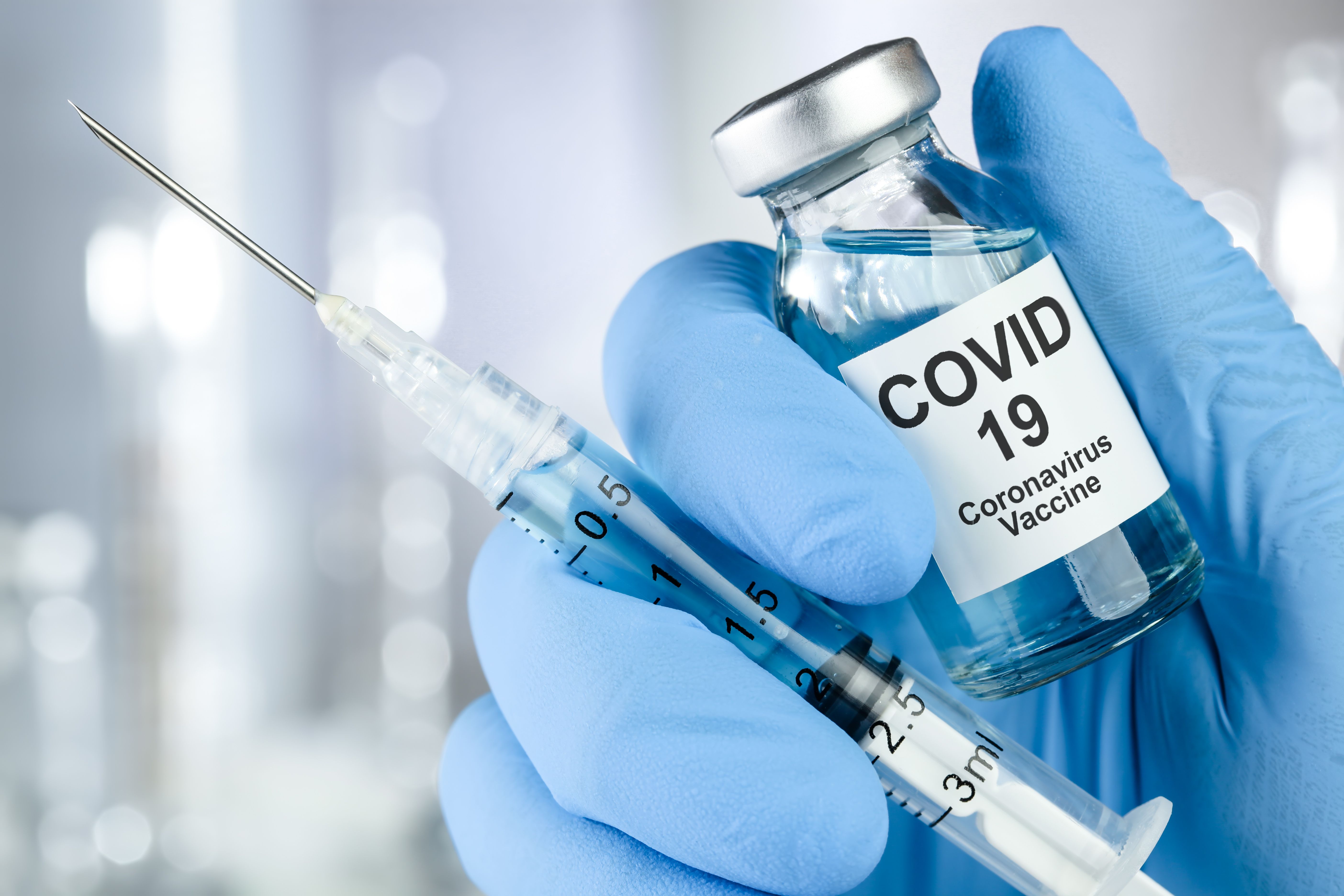As COVID-19 variants proceed to evolve, vaccination stays a crucial element of care for people with a number of sclerosis (MS), particularly these receiving immunosuppressive therapies, in line with a brand new assessment highlighting the newest proof supporting vaccination security and effectiveness on this susceptible inhabitants.1
Though earlier research produced combined messages about an infection dangers amongst sufferers with MS, the current evaluation clarifies that the advantages of vaccination considerably outweigh the dangers. | Picture credit score: Leigh Prather – inventory.adobe.com

The multinational crew of consultants aimed to make clear lingering issues round vaccine timing, disease-modifying therapies (DMTs), and long-term safety whereas additionally providing sensible steering for US well being care suppliers and policymakers.
The assessment, printed in Neurology Neuroimmunology & Neuroinflammation, emphasised that vaccination stays one of the efficient instruments to forestall extreme COVID-19 outcomes—particularly for sufferers receiving DMTs. Though earlier research produced combined messages about an infection dangers amongst sufferers with MS (PwMS), this evaluation clarified that the advantages of vaccination considerably outweigh the dangers, even in sufferers on immunosuppressive regimens.
In line with the Nationwide A number of Sclerosis Society, PwMS are usually not inherently at larger threat for contracting COVID-19 or experiencing extreme sickness. Nonetheless, the chance will increase for these with components corresponding to older age, Black race, male intercourse, weight problems, progressive MS, or extra continual situations, or who use particular DMTs like anti-CD20 remedies.2
“COVID-19 vaccination ought to be administered following nationwide suggestions and particularly additionally in PwMS, [several individual and health] components…ought to be taken under consideration. Comparatively, these components are additionally crucial for many who are vaccine skeptical as a result of the chance of potential COVID-19 illness could also be considerably elevated in at-risk people,” the authors emphasised.1
Researchers reviewed a large physique of scientific trial information, observational research, and registry data. Additionally they aligned their findings with suggestions from the CDC, the European Medicines Company, and main worldwide MS organizations. Notably, mRNA and vector-based vaccines have continued to point out sturdy efficacy towards extreme illness, together with with the Omicron pressure and its subvariants, and have maintained favorable security profiles in PwMS.
Uncommon hostile occasions—corresponding to myocarditis, pericarditis, vaccine-induced thrombotic thrombocytopenia, and Guillain-Barré syndrome—have been most frequently seen in younger males and remained unusual. Reassuringly, vaccination didn’t seem to extend the chance of MS relapse or exacerbate illness exercise.
One key perception for managed care decision-makers is how sure DMTs, notably B-cell–depleting therapies like anti-CD20 brokers, could blunt the antibody response to vaccines. Nonetheless, sufferers nonetheless sometimes generate a robust mobile immune response, which contributes meaningfully to safety. The assessment additionally pointed to hybrid immunity—prior an infection plus vaccination—as providing probably the most sturdy and sturdy protection, supporting the usage of booster applications.
To optimize outcomes, the authors really helpful aligning vaccination timing with DMT dosing schedules the place possible. For instance, spacing out vaccinations from cyclic DMT administration might enhance the immune response—an vital consideration for neurologists and care groups balancing illness management with COVID-19 safety.
The report urged continued training for each suppliers and sufferers about vaccine security whereas additionally encouraging insurance policies that prioritize well timed entry to boosters. For payers and inhabitants well being leaders, these findings reinforce the worth of integrating COVID-19 vaccination methods into MS care pathways—with out delaying or compromising disease-modifying remedy.
The authors concluded, “Total, vaccination towards COVID-19, particularly for PwMS, represents a vital step in combating this ongoing pandemic, apart from different actions.”
References
1. Monschein T, Zrzavy T, Rommer PS, et al. SARS-CoV-2 vaccines and a number of sclerosis: an replace. Neurol Neuroimmunol Neuroinflamm. 2025;12(3):e200393. doi:10.1212/NXI.0000000000200393
2. A number of sclerosis and COVID-19. Nationwide A number of Sclerosis Society. Up to date June 2025. Accessed July 7, 2025. https://www.nationalmssociety.org/managing-ms/living-with-ms/diet-exercise-and-healthy-behaviors/vaccination/covid


